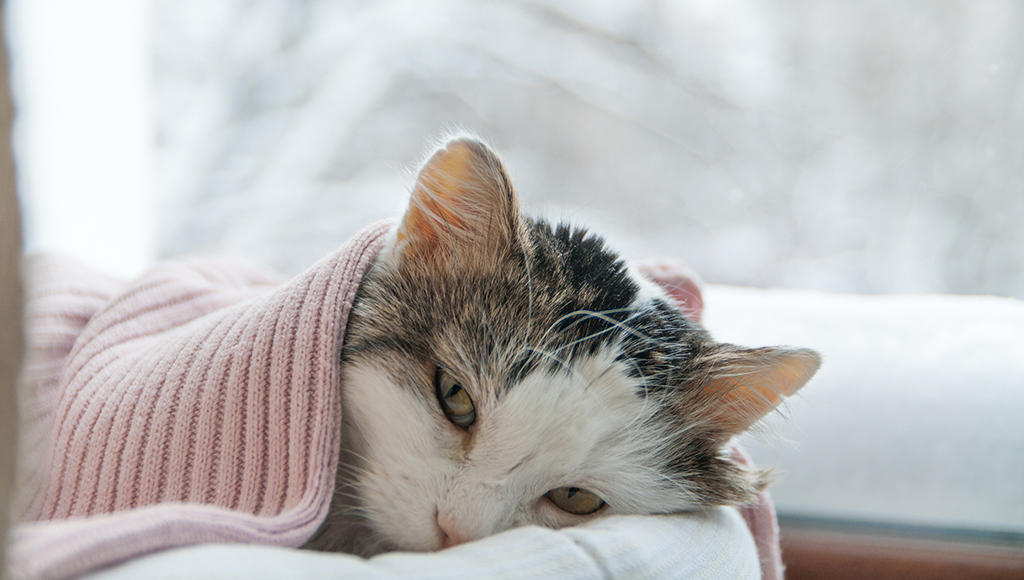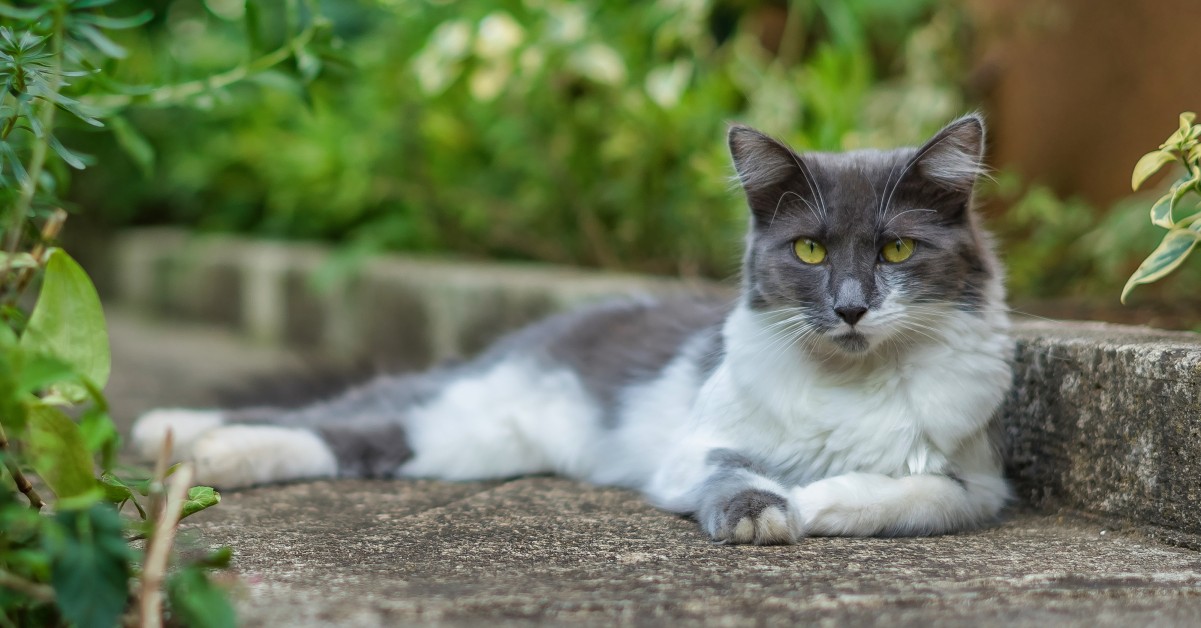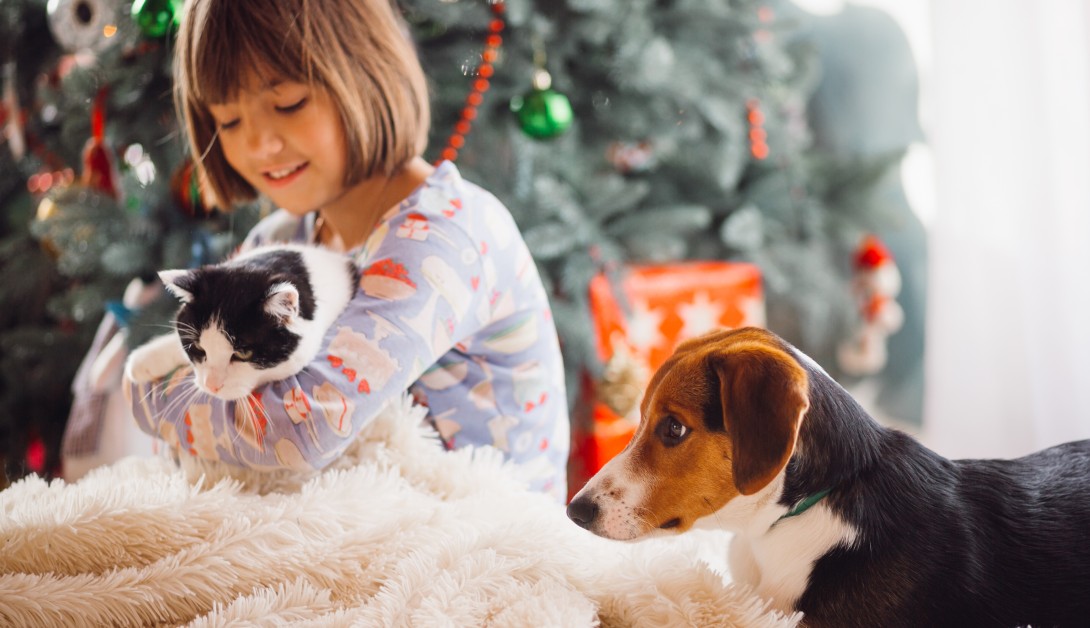Figuring Out Your Feline
Is your cat's vomiting serious or something you can help by making changes?

If you’ve been wondering whether or not your beloved feline is just feeling under the weather or perhaps has a more serious problem because he vomits up food shortly after eating-it helps to understand cats have a much more sensitive vomiting reflex than we do, so it isn't unusual for cats to vomit when they don't appear sick. If your cat has a healthy, but not excessive, appetite; isn't losing weight or acting lethargic (unusually tired or sleepy); doesn't have diarrhea; and parasites have been ruled out, don’t be alarmed. If any of these symptoms are present, or if he's vomiting green or orange liquid (bile), a medical problem is likely and should be investigated immediately by your veterinarian.
The two most common scenarios in which well cats vomit are (1) from eating too much or too fast, which results in vomiting undigested food very soon after eating, and (2) hairballs, which usually cause vomiting of the hairball itself. Hairballs have no sure-fire remedy, but the most popular thing to try is a hairball lubricant (make sure you give this on an empty stomach, not with food); also frequent combing; brushing, or even a trip to the pet salon for a "lion clip" (for a long-haired cat) would be helpful. Any hair you can remove is hair that your cat will not end up swallowing. Particularly “prissy” cats have greater problems because they clean their fur constantly. There are also hairball formula cat foods on the market that may help. Your veterinarian will be able to provide additional information and make recommendations about the various hairball formula foods available.
As for eating too much or too fast, this problem is usually worse in cases where cats have their food taken away and are only permitted to eat at certain times of the day, causing them to gorge when food is available. It may also be helpful to try different brands of food until you find one that your cat’s stomach tolerates more easily. Anything else you can do (portioning the food out gradually, for example) to encourage eating smaller amounts frequently might also be helpful. If the vomiting is daily, you might want to try medication. However, most people don't want to medicate their cats daily if vomiting only occurs once a week or less.
If these ideas don't help you, the only way to get a certain
answer as far as any medical cause, such as inflammatory bowel
disease, would be to have biopsies of the stomach and intestinal
tract done. Your veterinarian can tell you more about this.
Another problem common to felines is that they eat their food too
fast and the food irritates their throats, causing them to gag.
This is partly because cat food isn't the same as the diet of
wild cats. Cats are naturally predators and carnivores, their
teeth are designed to cut and tear meat, not necessarily to break
down pellet-shaped cat food. This means that they'll sometimes
swallow their food whole instead of chewing it. To help prevent
the problem, you could try slowing down your cat's eating by
spreading his food out, on a cookie sheet or a large plate, for
example, instead of in a bowl.
It's possible; however, that your cat's gagging is a sign of a more serious problem. There are some disorders that can affect the muscles of cats' throats, making it harder for them to swallow correctly. These disorders aren't common, but if your cat is gagging or vomiting frequently you should definitely bring him to the veterinarian for a checkup.
Ready to start saving money on pet wellness care?
Then take a look at Mint Wellness, the pet wellness plan that provides fast reimbursement on routine pet care. Save on vaccinations, wellness exams, preventatives, dental, and more!
Learn More


